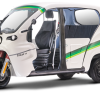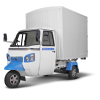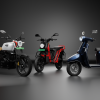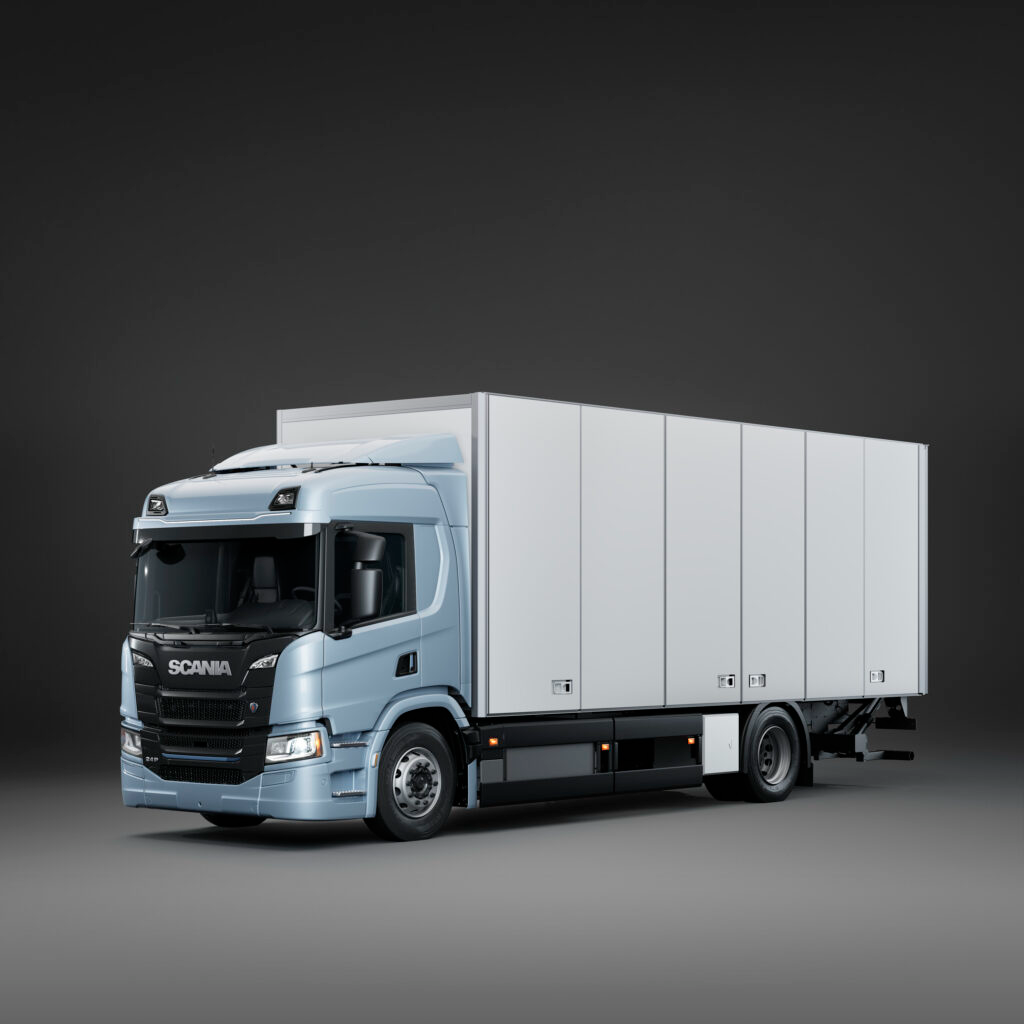

More in EV News
-
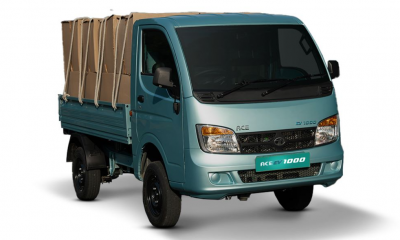
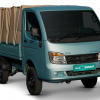
EV News
Tata Motors and Magenta Mobility lead the charge to electrifying last-mile transportation
The Indian last-mile logistics sector is experiencing a rapid transformation, fueled by the growing demand for...
-
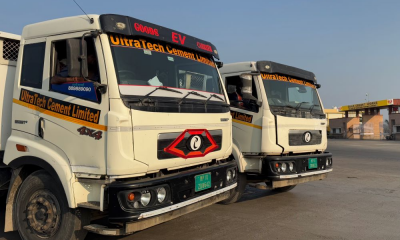

EV News
UltraTech to deploy 100 more EV trucks in its logistics operations
UltraTech Cement Limited, India’s largest cement and ready-mix concrete company, has announced that it is scaling...
-


EV News
GSF signs partnership with Matt Cleevely to develop EV range
GSF Car Parts has partnered with Matt Cleevely to develop and market its growing EV programme....
-
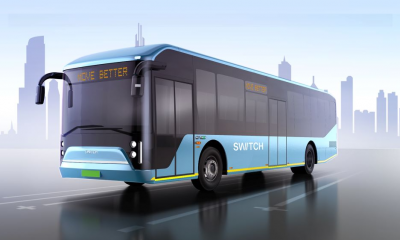

EV News
OHM Global Mobility bags order for 500 e-buses from MTC, Chennai
Ashok Leyland’s subsidiary OHM Global Mobility has bagged an order for 500 12-m ultra-low floor electric buses...
-
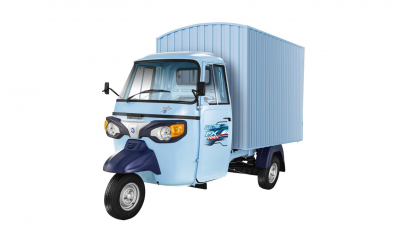
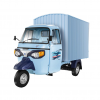
EV News
How Piaggio is Electrifying the Last-Mile Mobility Space with Affordable and Sustainable Solutions
In this exclusive interview with N. Balasubramanian and Raghul Sivaguru, Amit Sagar, Executive Vice President of...
-


EV News
Castrol India appoints Kedar Lele as Managing Director
Outgoing MD Sandeep Sangwan transitions to role of Global CMO at Castrol Castrol India Limited, a...
-
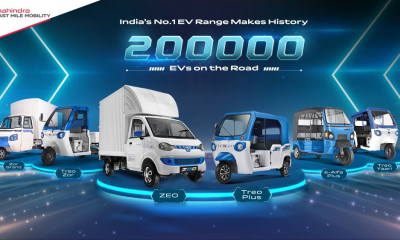

EV News
Mahindra Last Mile Mobility surpasses 2,00,000 EV sales milestone
Mahindra Last Mile Mobility Limited (MLMML), a subsidiary of Mahindra & Mahindra Limited (M&M), has solidified...
-
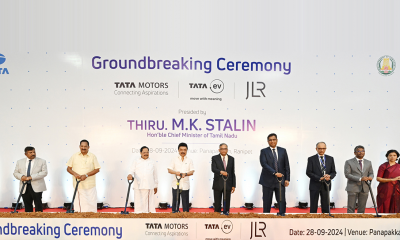

EV News
Tata Motors conducts groundbreaking ceremony of its new vehicle manufacturing facility in Tamil Nadu
In a significant step towards promoting indigenous (“Make in India, For the World”) manufacturing, Tata Motors...
-

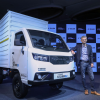
EV News
Euler Motors forays into 4W LCV segment with ADAS-equipped STORM EV
Euler Motors, leading home-grown electric commercial vehicle manufacturer, has announced the launch of two models of...
-
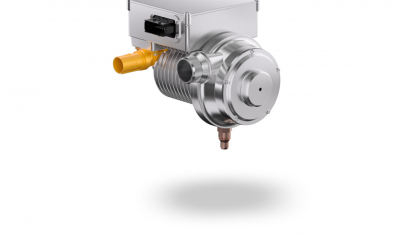
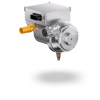
EV News
ZF Presents Hydrogen Recirculation Blower to improve Fuel Cell Energy Efficiency in CVs
At the IAA Transportation 2024, ZF Commercial Vehicle Solutions (CVS) division unveiled its latest addition to...







